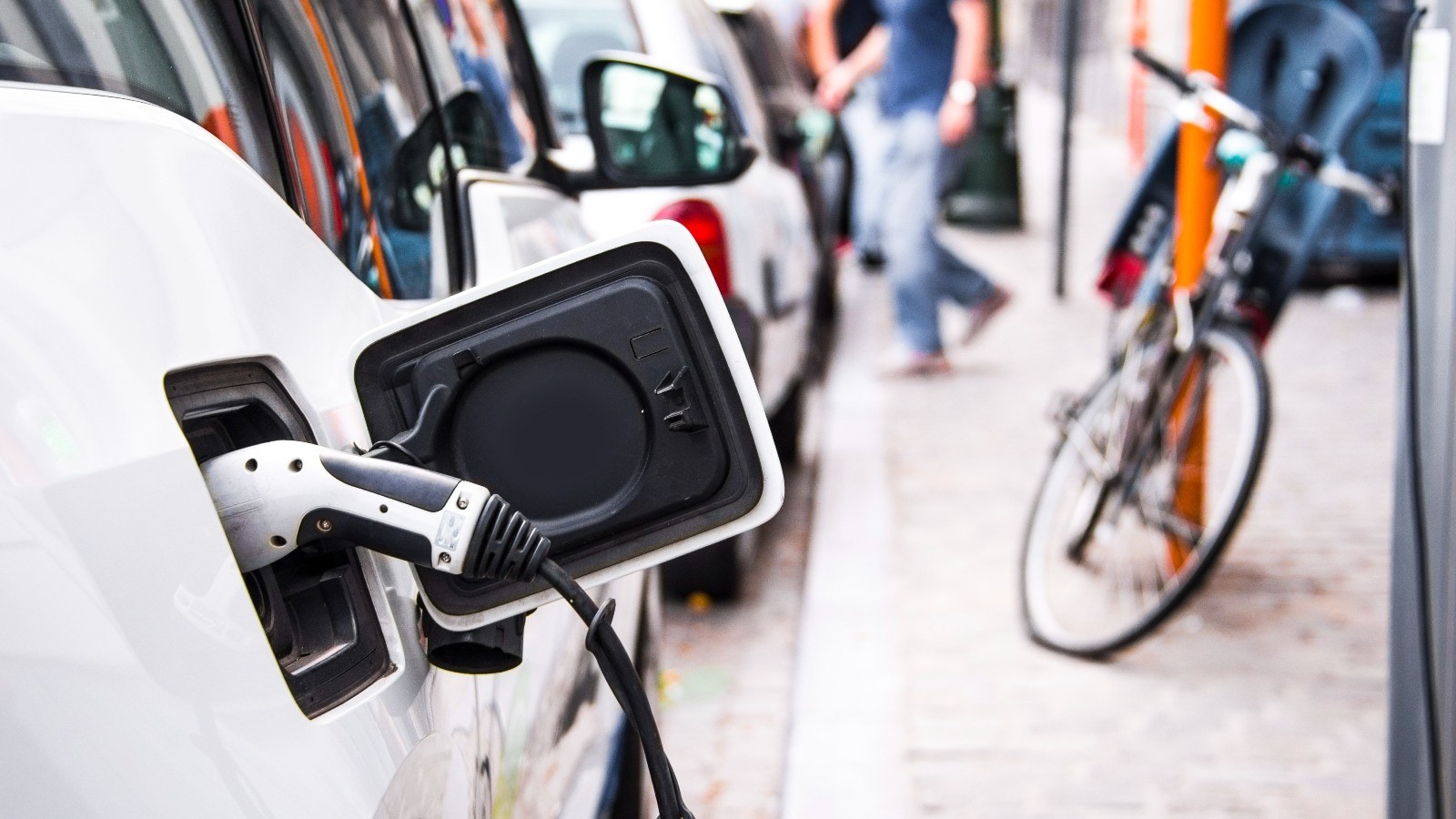We embed sustainability into strategy so you can fuel gains, not just goals
Sustainability
We embed sustainability into strategy to create resilience, growth and long-term value. Across the Middle East, this mindset fuels transformation as the region advances the energy transition through low-carbon investment, circularity and localisation. By connecting vision, technology, capital and data, we help organisations protect value and grow with confidence.


Dr. Yahya Anouti
PwC Middle East Sustainability Platform Leader
Partner, Strategy&
“The Middle East’s renewable edge can power a new era — one defined by affordable energy, resilient infrastructure, and sustainable growth. It’s on the path to set the global benchmark for green bytes, electrons, and molecules.”

Sustainable homes command price premium in Saudi Arabia and the UAE
Read what 2,400 homebuyers across Saudi Arabia and the UAE revealed about how sustainability is reshaping housing preferences in our latest survey.
Rethink
sustainability

- Power the future of Middle East’s energy
The Middle East is redefining energy — moving boldly toward net zero through innovation and partnership. Together, we’re tackling rising demand, modernising infrastructure, and driving sustainable growth. Let’s rethink energy and power a cleaner, smarter future.
- Mobilise finance for a greener future
The Middle East's economy is evolving right now. Lowering emissions, reaching net zero, and building climate resilience need investment—on a massive scale. We need bold financing to power this energy transition. Let's unlock it together.
- Reimagine the built environment – with sustainability at its core
Across the Middle East, urban landscapes are transforming. Rapid growth and rising environmental challenges are reshaping how we design, build, and live. The region’s net zero vision is accelerating investment in clean energy, renewables, and green technology — driving the transition to low-carbon cities and resilient economies. This is more than a shift in infrastructure — it’s a new era of sustainable growth. Now is the time to build a future where people, planet, and progress thrive together.
- Protect and restore nature in our arid and semi-arid region
Nature gives us the air we breathe, the water we drink, the foundation for our societies and economies. When nature suffers, we all feel it. Right now, nature is declining faster than ever. The Middle East faces tough realities: rising temperatures, water scarcity, desertification, and more frequent sandstorms threaten our people and environment. The risks are real—a region of 300 million people depends on what we do next. Let’s act now to protect land, restore habitats, and secure a resilient future.
- Champion a circular economy that creates new value streams
For too long, the world followed a 'take-make-dispose' path. The result? More waste. Fewer resources. That has to change. We need circular waste management—and we need it now. Urbanisation, population growth, and economic diversification in the GCC demand it. By adopting circular solutions, we can cut waste, conserve resources, and reduce our ecological impact—building a resilient economy while protecting our future.
Pivot for growth
Leading in Sustainable Transformation
Case studies
Real stories. Real results.
Insights
Sharp takes on what’s next

From megawatts to ecosystems: Delivering resilient power value chains in the Middle East
Across the Middle East, rapid population growth, economic diversification and the rise of data-intensive technologies are combining to drive electricity demand higher than ever before.

Sustainable mobility readiness index
Cities are changing—and fast. As more people move in, transport systems are pushed to their limits. This brings real challenges but we can change the story. Building sustainable, efficient, and fair mobility — this is how we make cities healthier, more liveable, and aligned with our climate goals.

Transforming unified irrigation platforms in the Middle East
The Middle East faces some of the world’s toughest water challenges — with 12 of the 17 most water-stressed countries located in the region. This report explores how unified platforms are reshaping irrigation and why making the shift now is critical.

Driving change
Heavy-duty trucks account for a disproportionate share of global transport emissions — yet remain overlooked in the race to net zero. With the right mix of incentives, infrastructure and innovation, the Middle East has a huge opportunity to lead the next phase of sustainable road transport.

Arabian Gambit: The path to leadership in a shifting global energy landscape
The transition to a decarbonised energy system presents Saudi Arabia and its neighbours with a unique opportunity to take the lead in putting the world on a more sustainable energy footing while simultaneously diversifying and enriching their economies.

The new plastics economy: An opportunity for the Middle East
Plastics are essential to modern life, with plastics usage growing faster than usage of alternative materials. Today, the plastics market is shifting as sustainability regulations tighten, and circular economy initiatives expand.

We bring expertise that industries are built on so you can make decisions your future can stand on

We know how your business works so you can put AI to work for your business

Our Alliances, your bold moves
We work with tech’s titans and trailblazers so you can think like a startup, scale like a giant
Value in motion
The Middle East’s time to lead is now
Trillions of dollars are in motion as AI, climate and trade reshape global growth – setting the stage for a bold new economic future.











